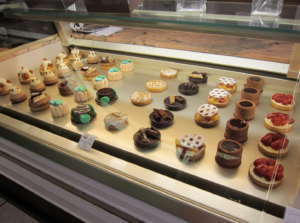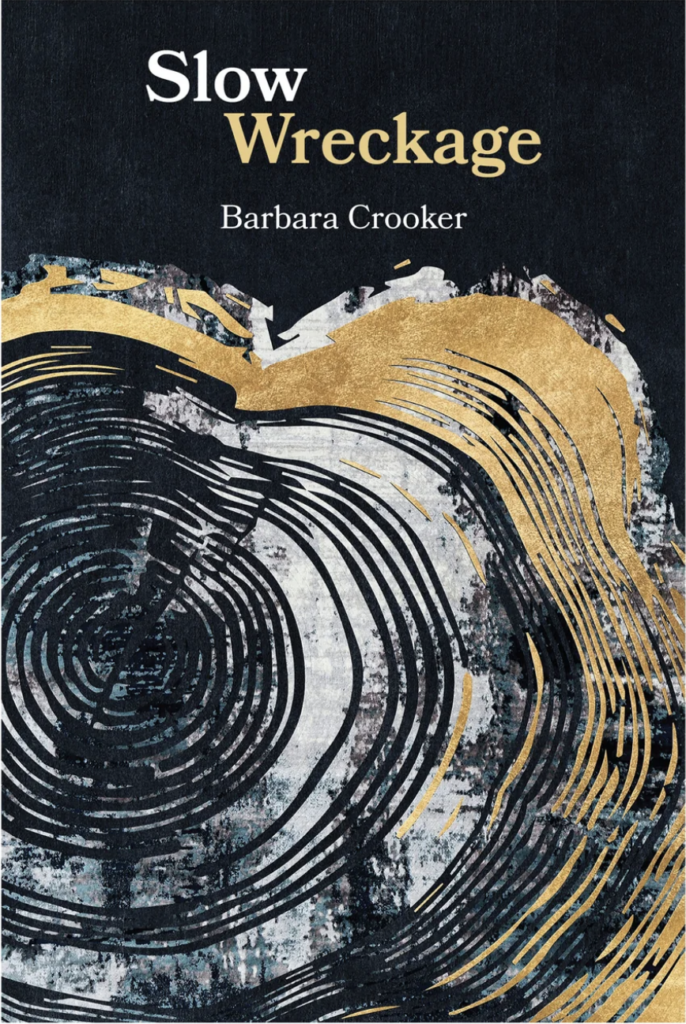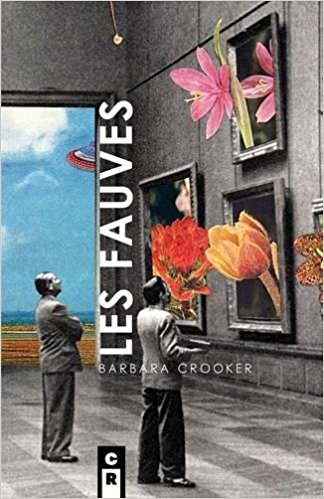Right now, I’m getting ready for an international artist residency, at the Moulin á Nef, Auvillar, France. This studio is owned by the Virginia Center for the Creative Arts (VCCA), where I’ve been fortunate to have had a number of previous writing residencies. As I’m beginning to think about organizing and packing, I thought I’d use this blog post to talk about how one goes about planning for this type of residency.
Right off the bat, the biggest difference (for me, anyway) is that I won’t be planning to take any books along. I’m of the school that thinks that 90% of my job as a writer is to be a reader, and yet I won’t be taking any of the piles of books and journals that are at my feet right now. A hazard waiting to be tripped over, because I don’t want to incur that $200 baggage overweight fee. So I’ll be traveling lightly, relying on the serendipity of the books that are in the little hallway library outside the studios. Last time when I was here (three years ago), I stumbled across a book by Fidelma Cook (an unknown author to me), and this poem came out of something I read in her book:
SIXTY-FIVE
Why would you want to strip off at our age?
Mingle all that sagging, crepey skin with another’s greying flesh?
French Leave, Fidelma Cook
Well, why would you not? If the lights are dim and the candles are lit,
surely this old skin will do, the two of us rubbing along slowly like freight
trains chugging up a grade. So your stomach’s not a ridge of washboard abs
or tablettes de chocolat as they say here; mine’s a puddle of warm crème brûlée.
Pears ripen slowly as they concentrate their juice. Brie slumps in the shell
of its rind. And both of them, and all of me, are absolument délicieuse.
Another part of traveling lightly means no printer. My usual method of writing is to do a number of drafts by hand, then move to the computer, and I print out copies of all versions. I often find, in revision, that I need to go back a few versions to find the right words or the right lines. But when I was in Auvillar previously, I learned that I could scrap my usual method and edit on the computer, something I didn’t think I could do. Also, I’m wed to writing on lined yellow legal pads. Which I found out do not exist in France. They use grid paper, in much smaller notebooks I was afraid I wouldn’t be able to write on them (Am I superstitious? I guess I’m superstitious), but learned that I could be flexible. Which is, I think, a key to being able to travel, and to use this gift of time wisely.
Last time, I went with a project in mind, which was to do a series of ekphrastic poems based on the Fauves, especially Matisse. I found that having a project gave my work some structure, which seemed to prime the pump and get other poems started. Here’s one of the Matisse poems:
LANDSCAPE AT COLLIOURE, 1905
~Henri Matisse
The last line of the poem is also Matisse’s
“From the moment I held the box of colors in my hands
I knew this was my life. I threw myself into it like
a beast that plunges towards the thing it loves.”
Henri Matisse
This hillside’s the shade of grape soda,
lawn an ooze of electric jaundice,
and the sky’s a violet slither. The red,
blue, and green trees are dancing, supple
and sinuous, and the leaves are singing, a riot
of light. He squeezed out red-orange like plastic
explosives. Painting is an act of belief.
As I began to work on the ekphrastic poems, it occurred to me that I might also create a section where I attempted, in words, to do some of the wild and crazy things that the Fauves did with paints. I called these poems “word salads,” and many of them ended up in form. This one uses abecedarian end rhyme:
WOMEN
after Dorianne Laux’s “Men”
It’s tough being a woman, feeling you’re an object to be bought,
an elusive quarry, something to be chased and caught,
when you know you’re more than that. So pull me a draught,
Charlie, give me something dark and frothy. Wars have been fought
for less— I came in wondering what a girl’s got
to do to get herself noticed? I mean, I’m so hot,
I could melt neon. You want my number? Well, jot
it down, big boy. I won’t call you. I have a karaoke slot
at nine pm; I’m thinking a Madonna medley will do. Lots
of water under this dam. I want to be a player, not a mascot.
I want something bathed in dark chocolate, with a nougat
center. I want a lobster in my steaming pot,
champagne on ice, and two chairs by a wrought
iron table on a terrace in France. Whoever sought
the fountain of youth can forget it. The lies the movies taught?
They’re a crock, a foolish dream, a vicious plot.
Life isn’t fair, you’ve got to play your cards, no matter what.
I could have been Dean of Women, a cover girl. An exot-
ic dancer at a go-go bar. Or married to a guy with a yacht.
But I’m not. So pour me another shot of Jack, O Great Zot.
Writing in form and writing ekphrastic poems imposed a sense of discipline on the residency, but I also wanted to leave myself open to serendipity. So when, in my daily visits to the boulangerie, I noticed that there were a number of desserts with religious names, I decided to a) try them all (tough job, but someone had to do it) and b) incorporate them in a poem:
LES BOULANGERS
Blessed be the breadmakers of la belle France
who rise before dawn to plunge their arms
into great tubs of dough. Blessed be the yeast
and its amazing redoubling. Praise the nimble
tongues of those who gave names to this plenty:
baguette, boule, brioche, ficelle, pain de campagne.
Praise the company they keep, their fancier cousins:
croissant, mille feuille, chausson aux pommes.
Praise flake after golden flake. Bless their saintly
counterparts: Jésuit, religieuse, sacristain, pets de nonne.
Praise be to the grain, and the men who grew it. Bless
the rising up, and the punching down. The great
elasticity. The crust and the crumb. Bless
the butter sighing as it melts in the heat.
The smear of confiture that gilds the plane.
And bless us, too, O my brothers,
for we have sinned, and we are truly hungry.

These poems ended up in my new book, Les Fauves (C&R Press, 2017). And now, I’m thrilled to say I’ll be going back again in a few weeks. I’m doing an hour of French lessons every day, I have my passport, my plane ticket, and my packing list (yes, I’m obsessive, and I keep packing lists for all my travels, whether they’re family camping, a beach vacation, or a writing residency). I’m hoping to do more ekphrastic work while I’m there, and so am taking several art calendars along. I’m also hoping to do more poems in form, perhaps the Golden Shovel, perhaps half-rhymed couplets, perhaps embedded sonnets. I know the muse doesn’t appear magically; you have to be at your desk (or at a café, or down by the river, with a notebook) to greet her. But whatever happens, I know this stay is going to be magical.

 want to miss.
want to miss.
 Past contributor Barbara Crooker was featured on The Writer’s Almanac with Garrison Keillor. Check out their site
Past contributor Barbara Crooker was featured on The Writer’s Almanac with Garrison Keillor. Check out their site 
